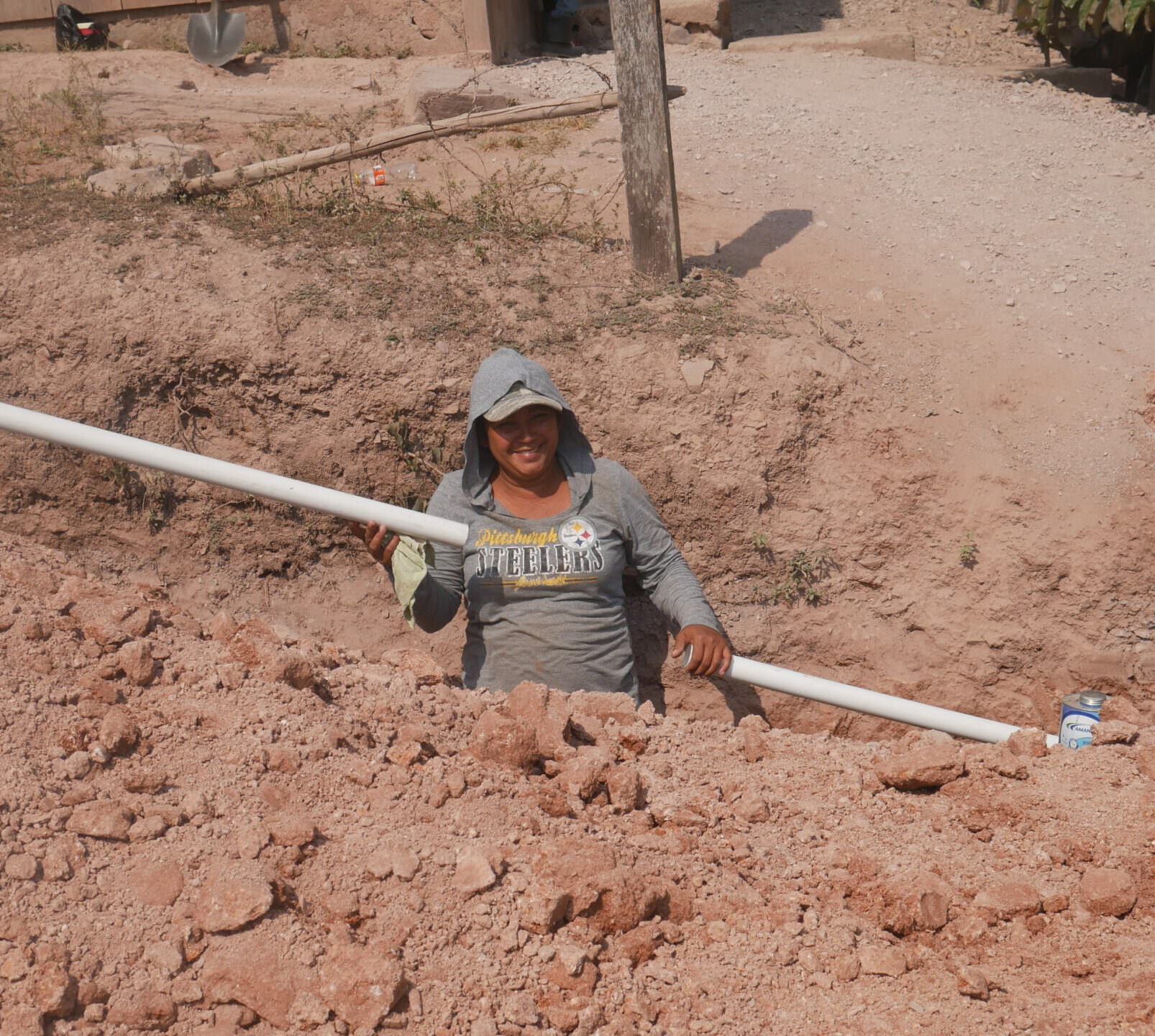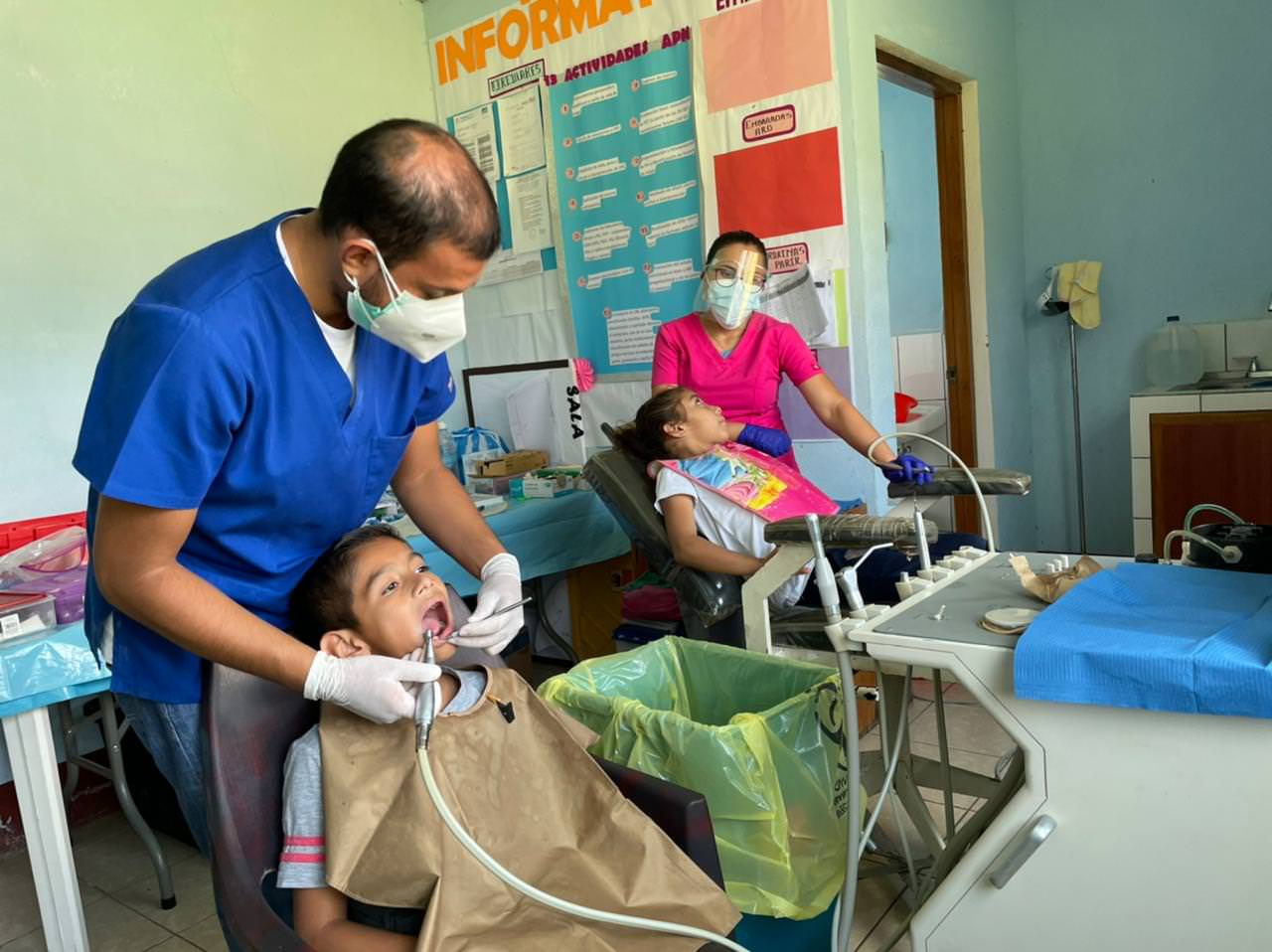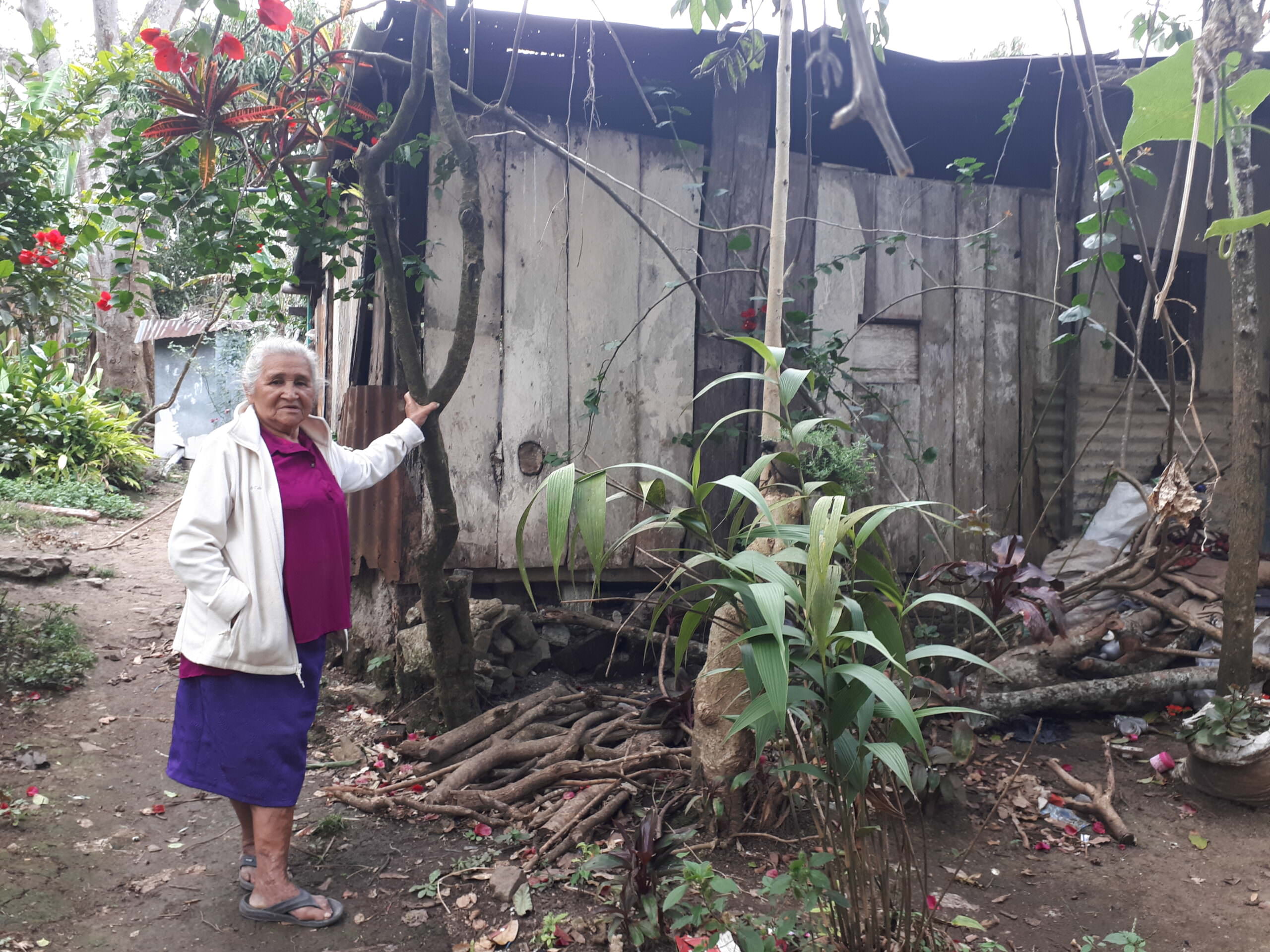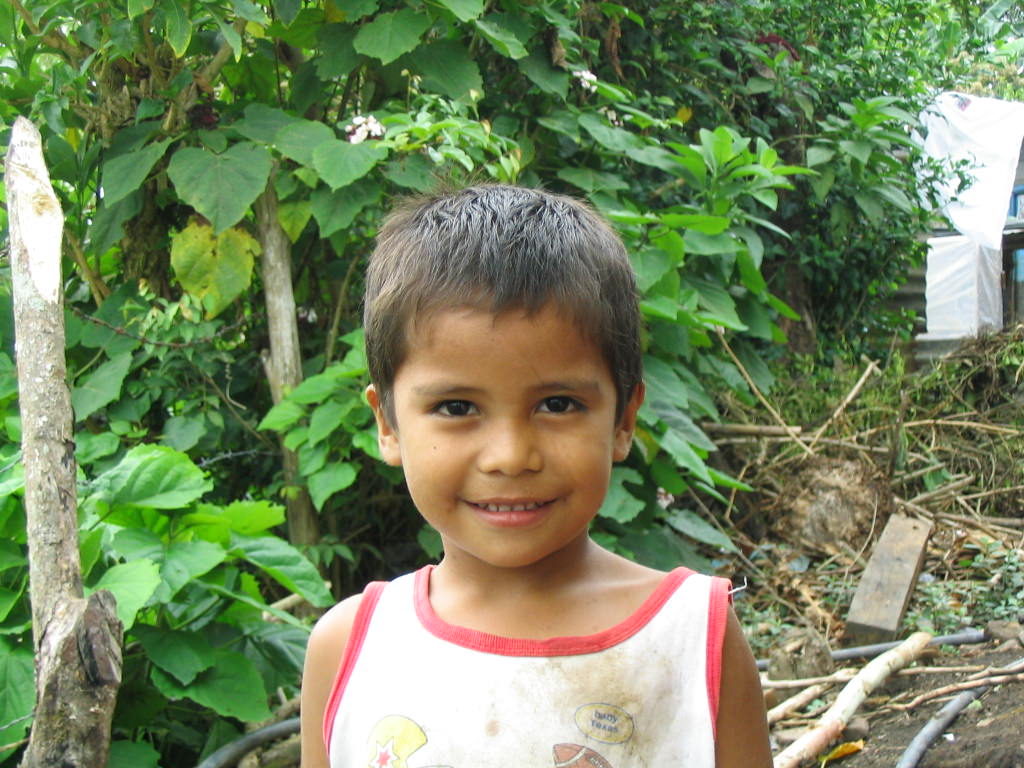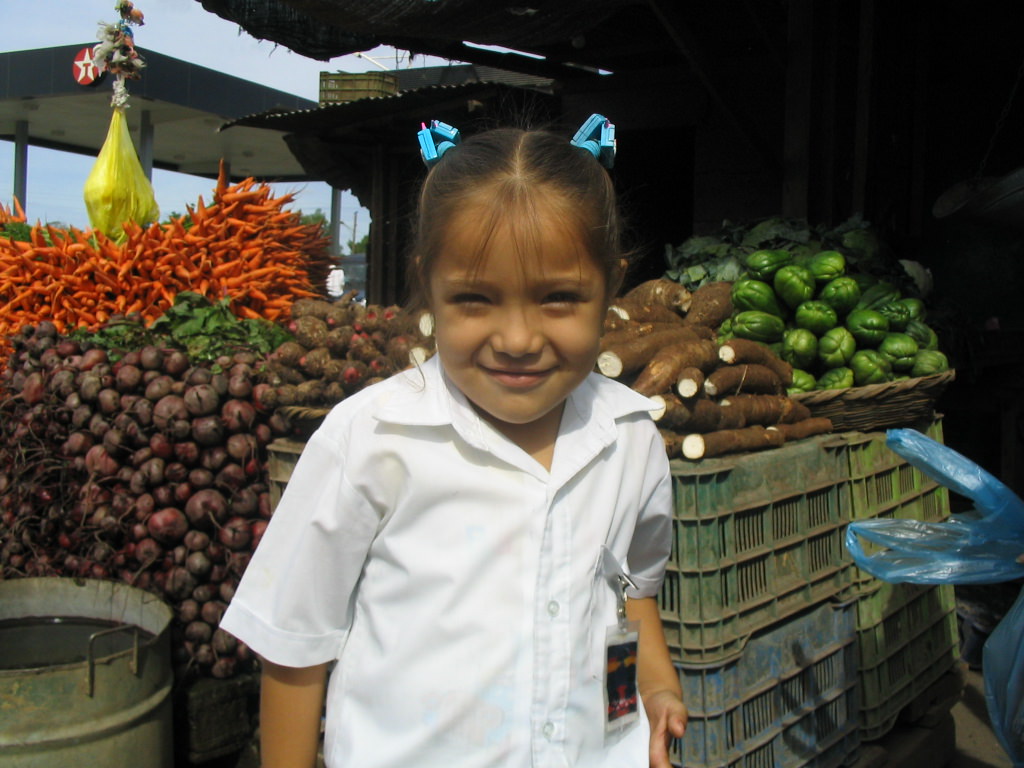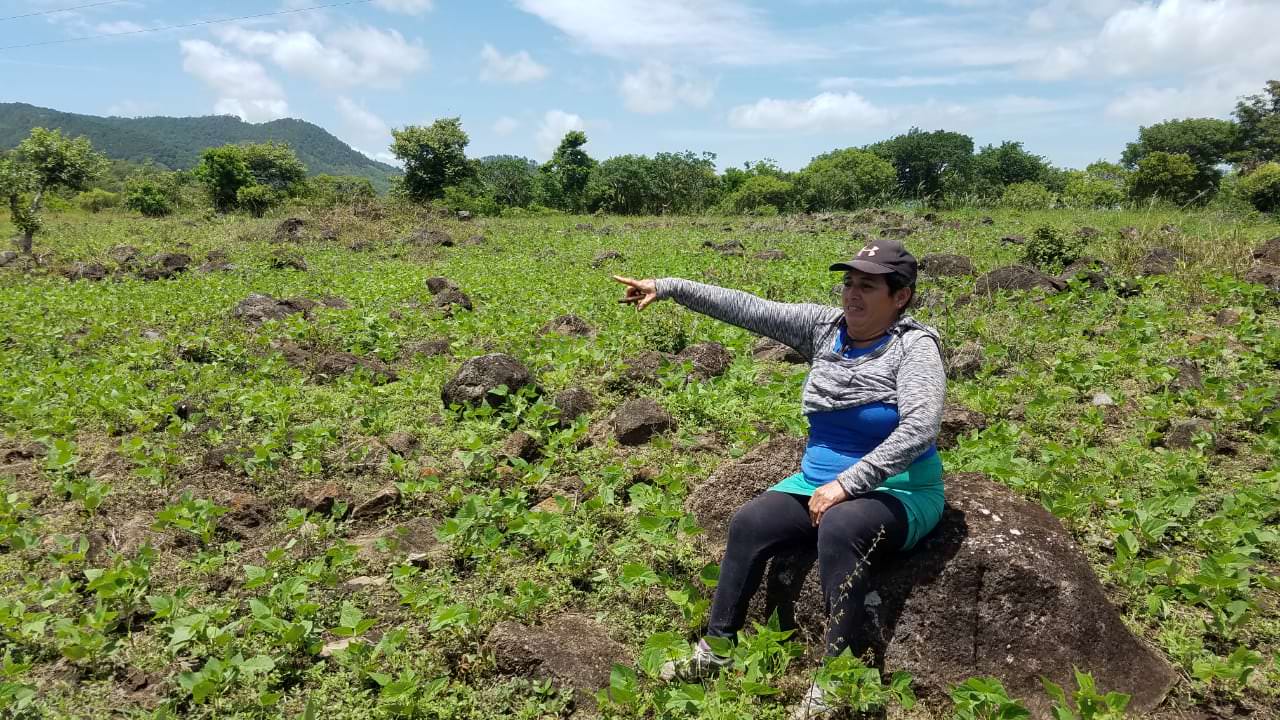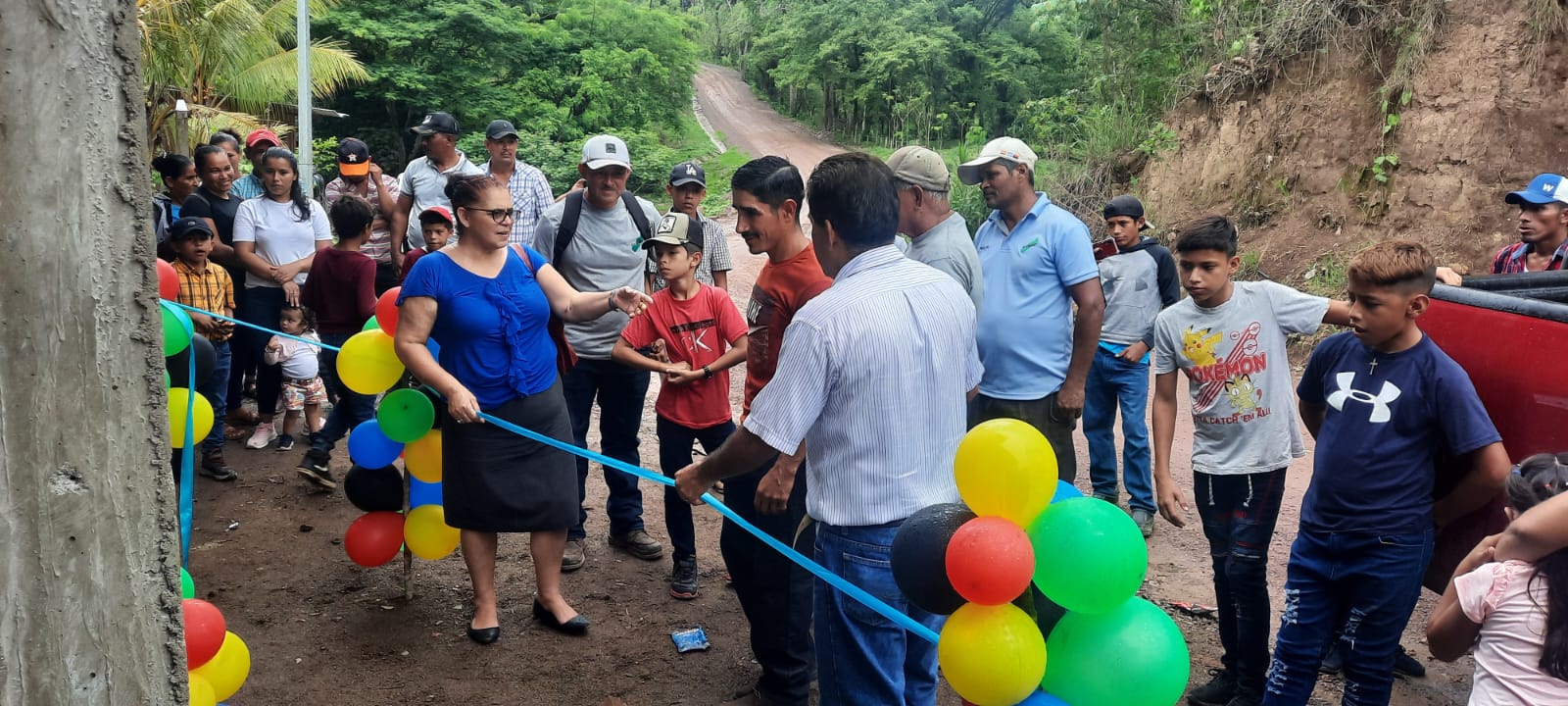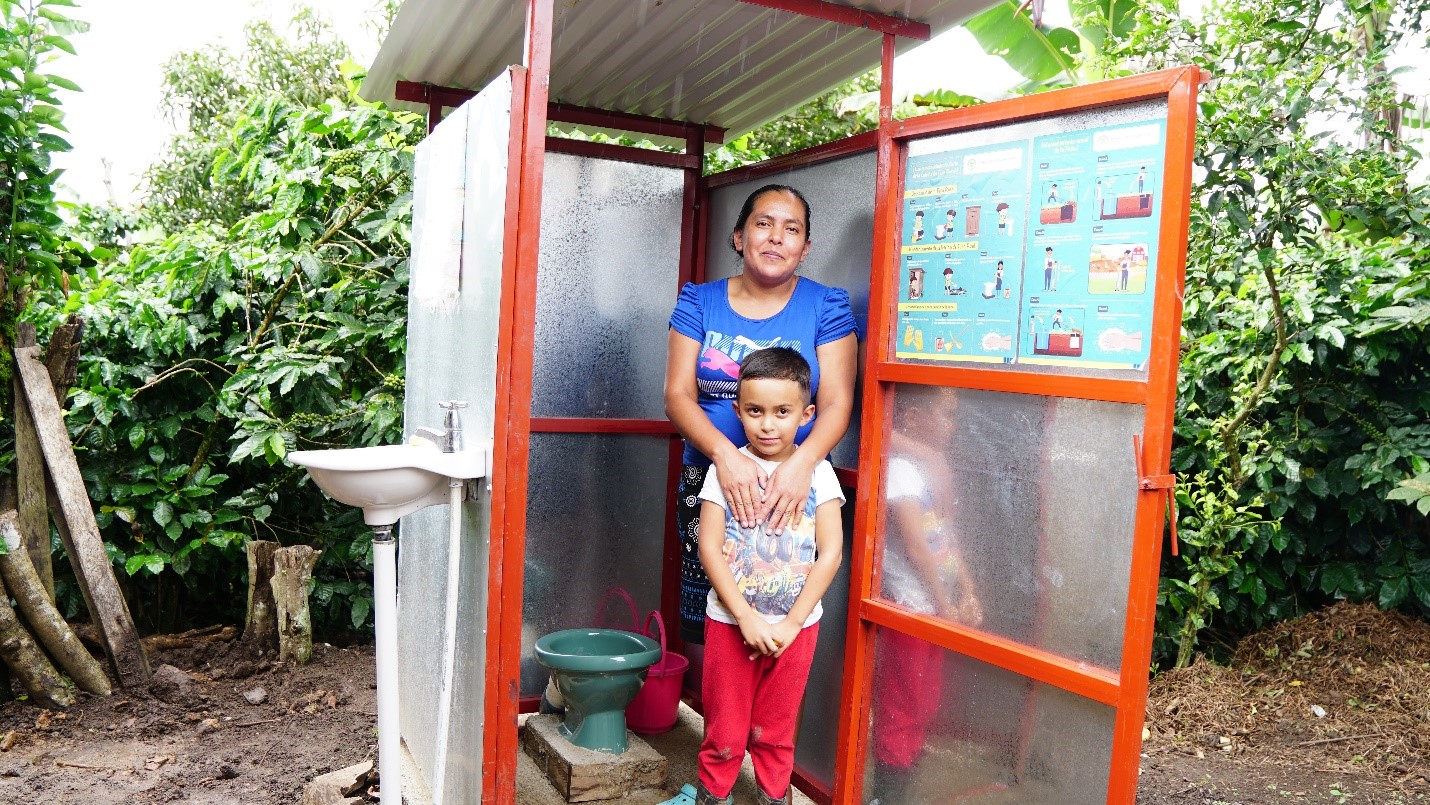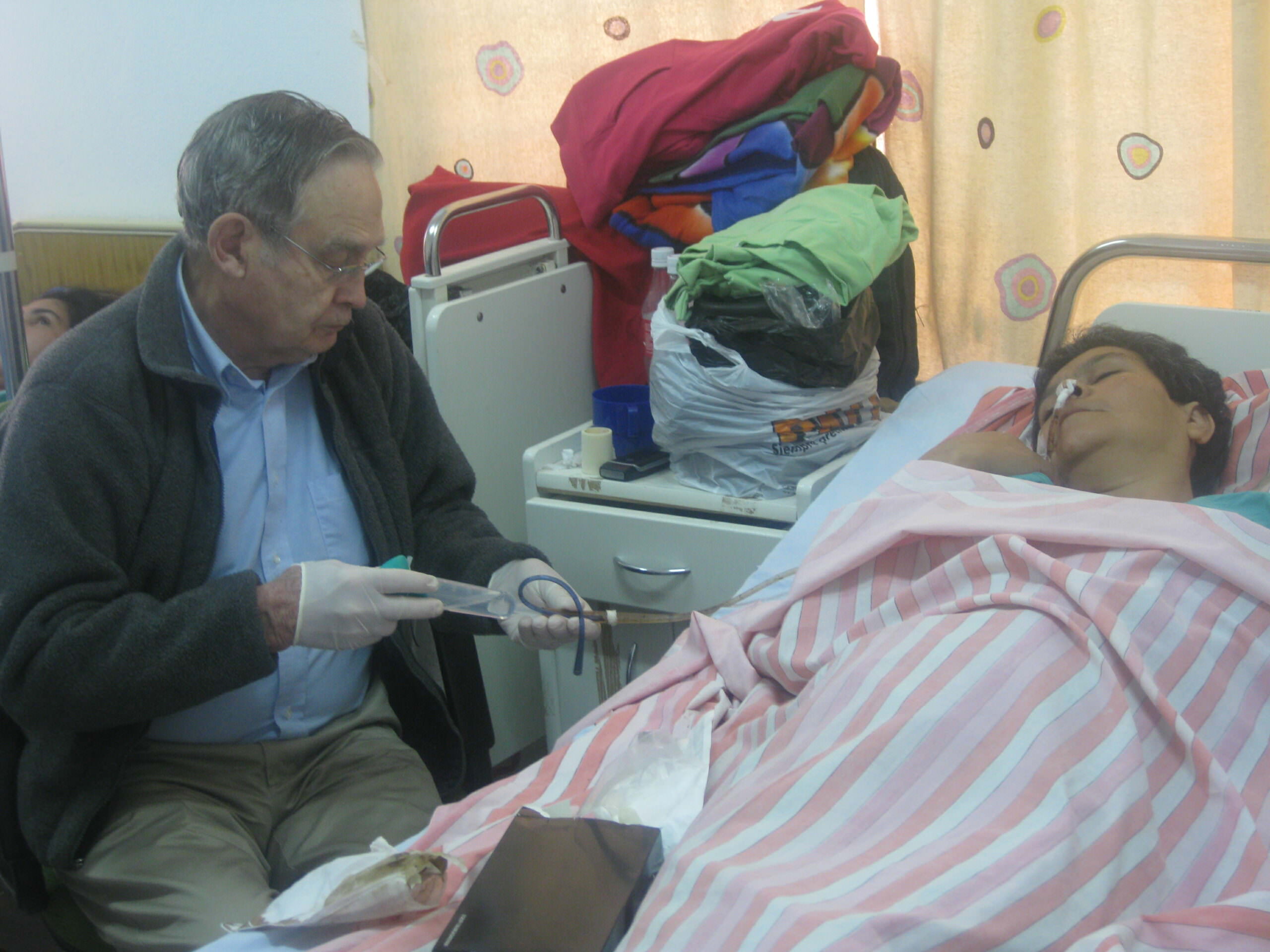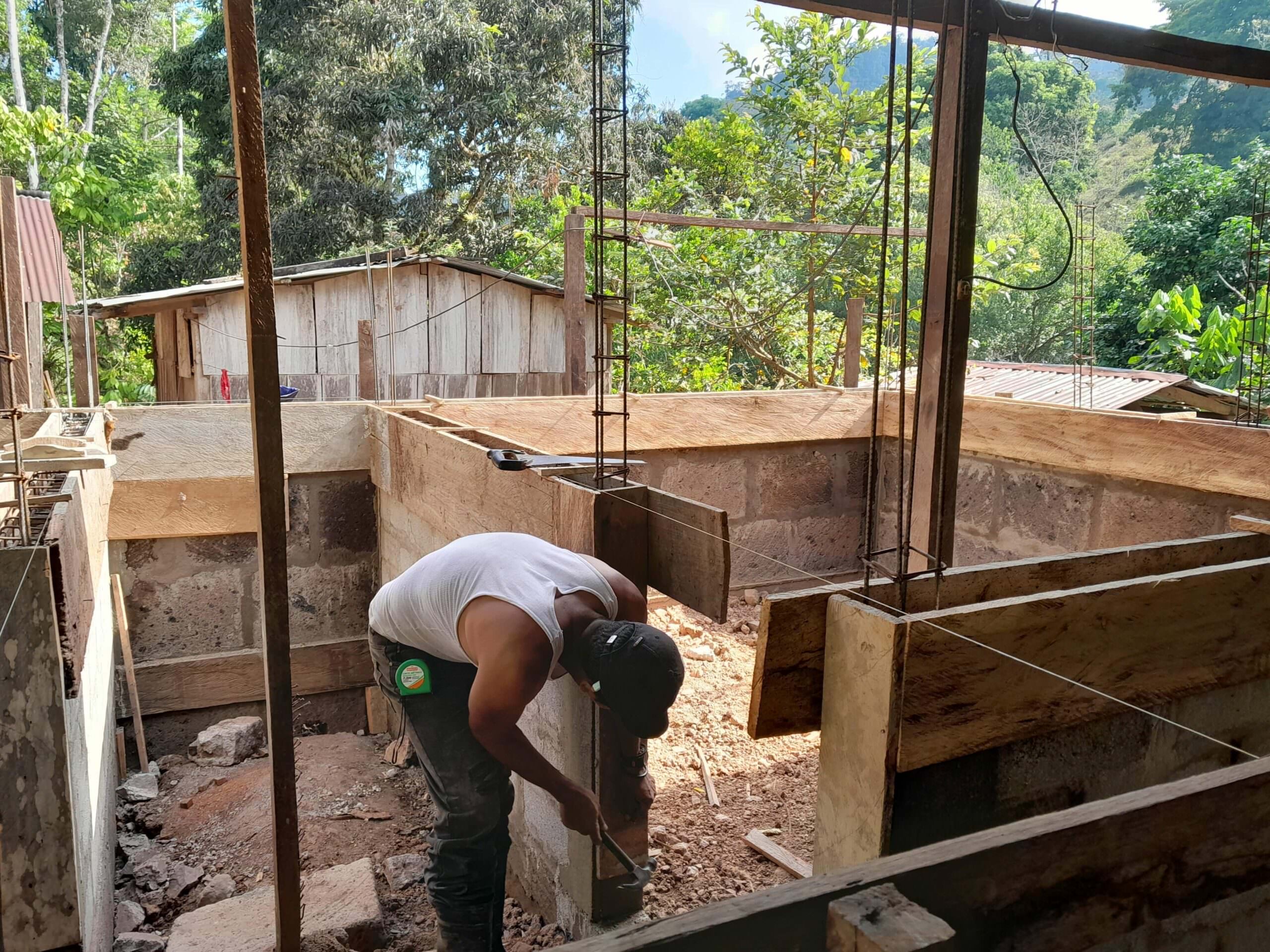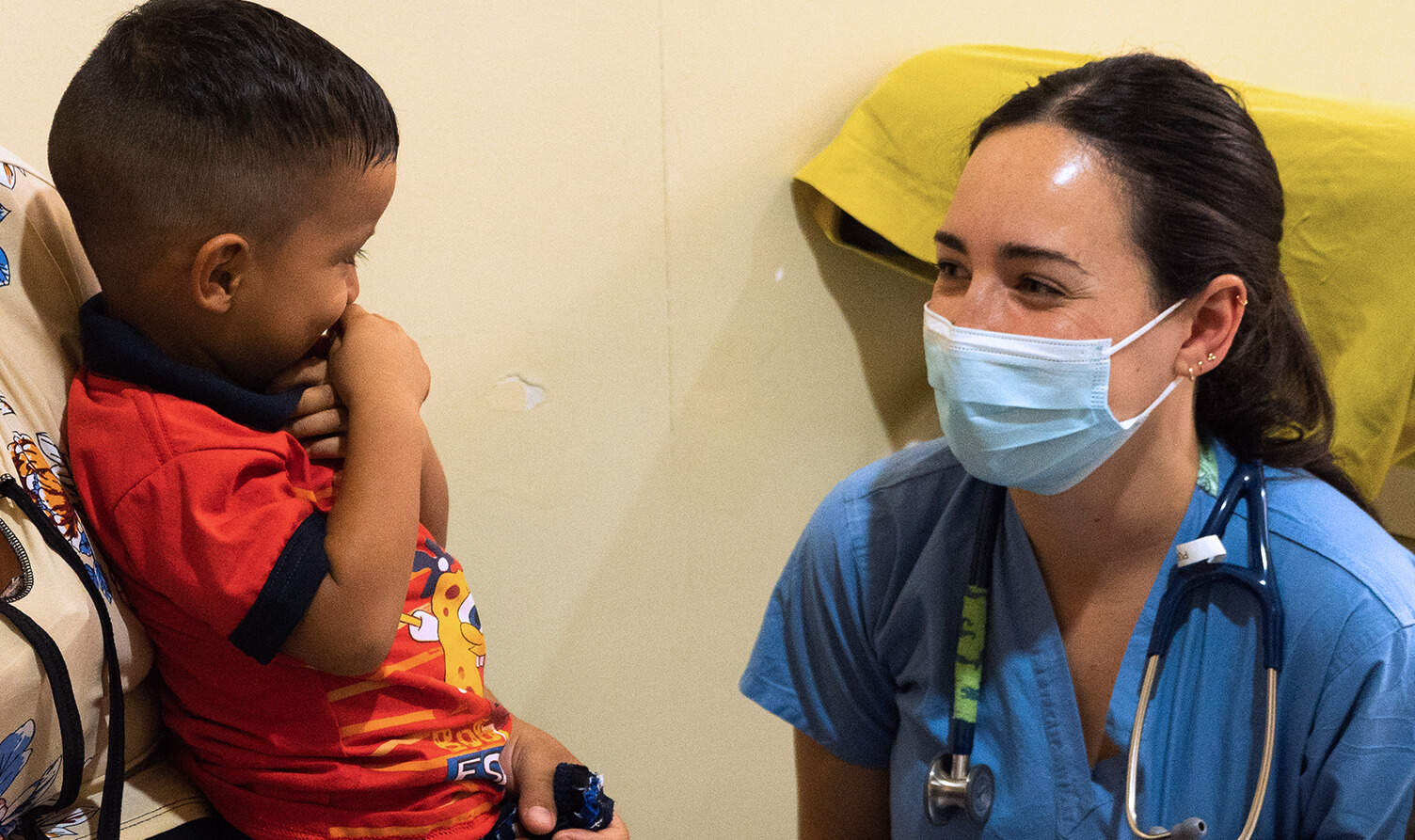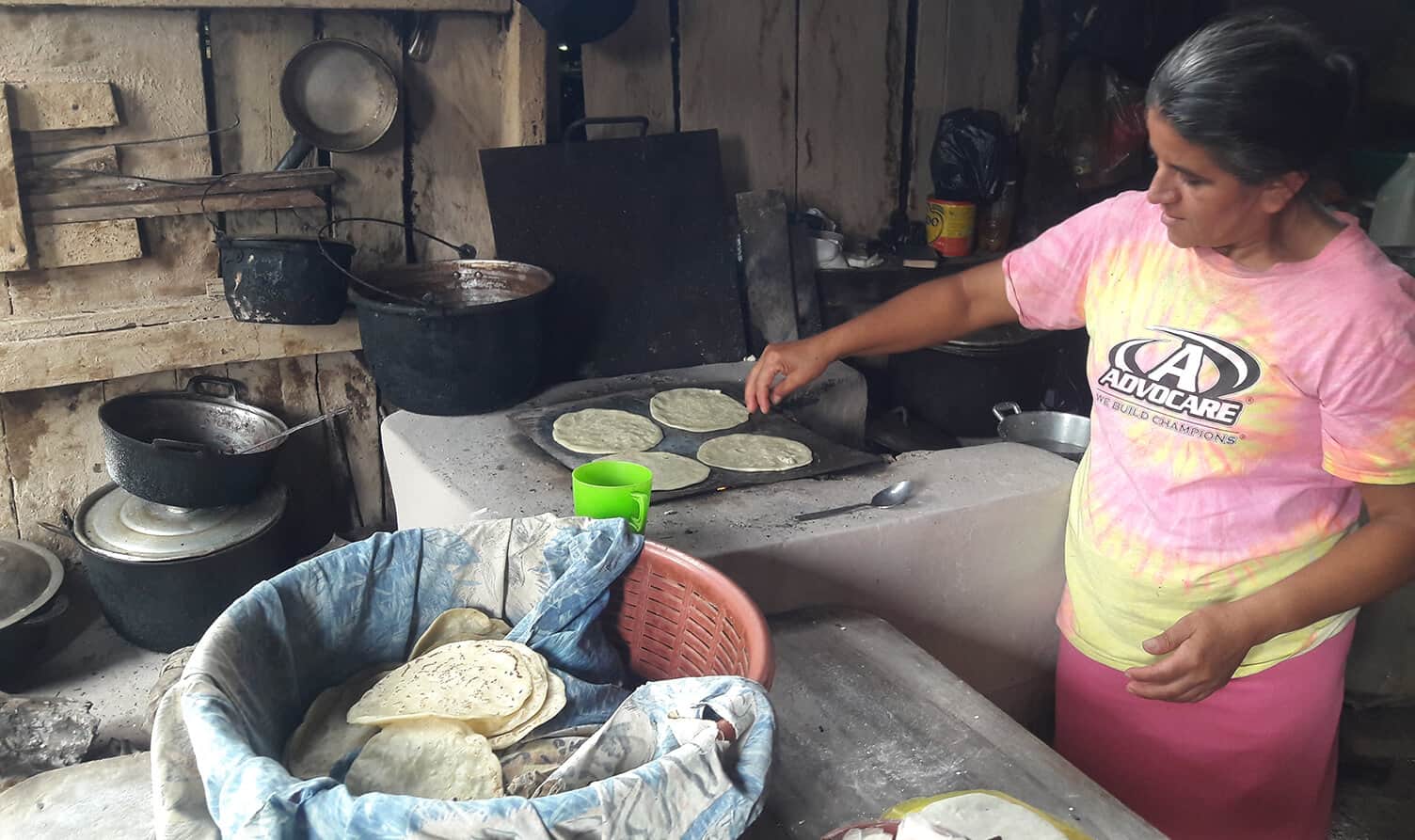
COMMUNITIES
Nicaragua, Central America
We advance stronger, healthier communities in Nicaragua
Programs
Our Mission in Nicaragua, Central America
What we do in Nicaragua
Since 2001, Advance has offered a wide variety of public programs in Nicaragua to build stronger, healthier communities – as well as promising futures for the families in them.
With our partner Association of Volunteers for Community Development (AVODEC), Advance uses a community-wide, multi-level approach to provide life-changing education, care, and resources to a nation struggling with the effects of war and poverty. We work to improve the health of Nicaraguan families through water filtration systems, community gardens, improved housing, latrines, wells, micro-loans, health education, and supporting local medical care providers.
